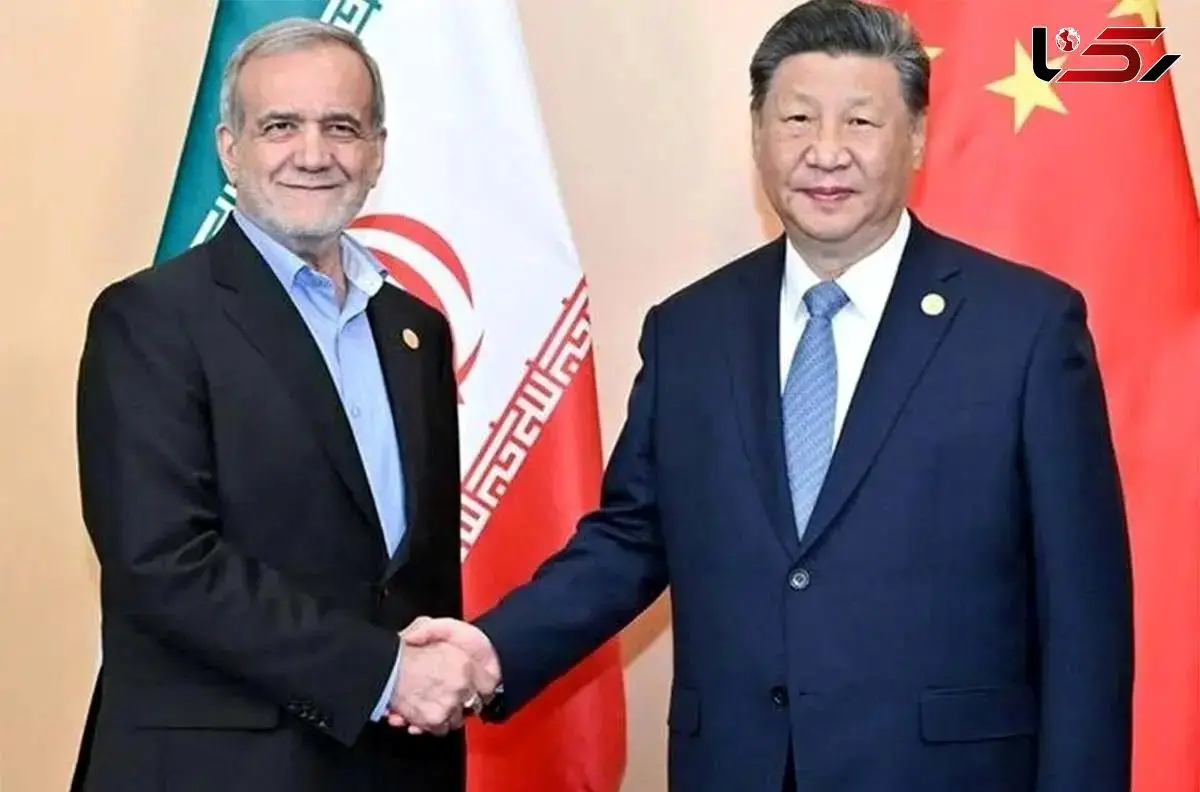Washington Post Reports:
Iran Seeks Fighter Jets, Missile Systems, and Long-Range Radar from China in Exchange for Oil
Rokna Political Desk: The Washington Post reported that U.S. President Donald Trump’s decision to strike three Iranian nuclear sites this past summer sent a deterrent message to America’s adversaries. However, recent developments serve as a reminder that a military campaign alone cannot permanently halt the Islamic Republic’s efforts to acquire a nuclear bomb.

According to Rokna, the Washington Post wrote that a recent report by the International Atomic Energy Agency illustrates how persistent this challenge remains. Tehran has barred international inspectors from accessing sites that were bombed by the United States and Israel five months ago. It is also unwilling to disclose to the U.N. nuclear watchdog how much 60-percent enriched uranium it possesses — information that must be reported under the Nuclear Non-Proliferation Treaty. Satellite imagery indicates new construction around a fresh nuclear facility at Kuh-e-Kalang, roughly one mile from the bombed Natanz site.
Iranian policy also demonstrates that Middle Eastern events do not occur in isolation and that America’s adversaries are always seeking new opportunities to cooperate. While Russia remains mired in the war in Ukraine, China has stepped forward to deepen cooperation with Iran. Tehran seeks to receive surface-to-air missile systems, long-range surveillance radars, and fighter jets from China in exchange for oil. This could stabilize Iran’s fragile government while simultaneously increasing regional instability.
Since five rounds of talks earlier this year, no negotiations have taken place following the U.S. strike on Iran. The ten-year nuclear deal has expired, and Iranian leaders have declared that they no longer adhere to its terms. “Snapback” sanctions have been reimposed, further weakening an already fragile economy. Unprecedented drought, compounded by decades of mismanagement, has left the nation’s capital facing severe water shortages, prompting the Iranian president to warn that evacuation of Tehran might become necessary.
Tehran has made some efforts to relieve pressure, such as adopting a more lenient approach to social issues and relaxing restrictions on women riding motorcycles.
Relying on regime change in Iran is not a viable strategy. Despite Trump’s insistence that airstrikes fully destroyed Iran’s nuclear program, the bombings have only bought time for the Iranian government. The most viable path forward combines maintaining a credible threat of force, continuing severe economic pressure, and signaling a readiness to negotiate. China must also understand that selling advanced weapons to Iran would not only disrupt Beijing’s relations with Israel and the United States but also with the Gulf Arab states.
President Donald Trump’s decision to strike three Iranian nuclear sites this past summer sent a deterrent message to America’s adversaries. Nonetheless, recent developments remind us that a military campaign cannot permanently end the Islamic Republic’s pursuit of the bomb.
Another war is not inevitable, but avoiding one requires acknowledging that the problem persists and can only be addressed through diplomacy, complemented by a credible threat of force.
Send Comments